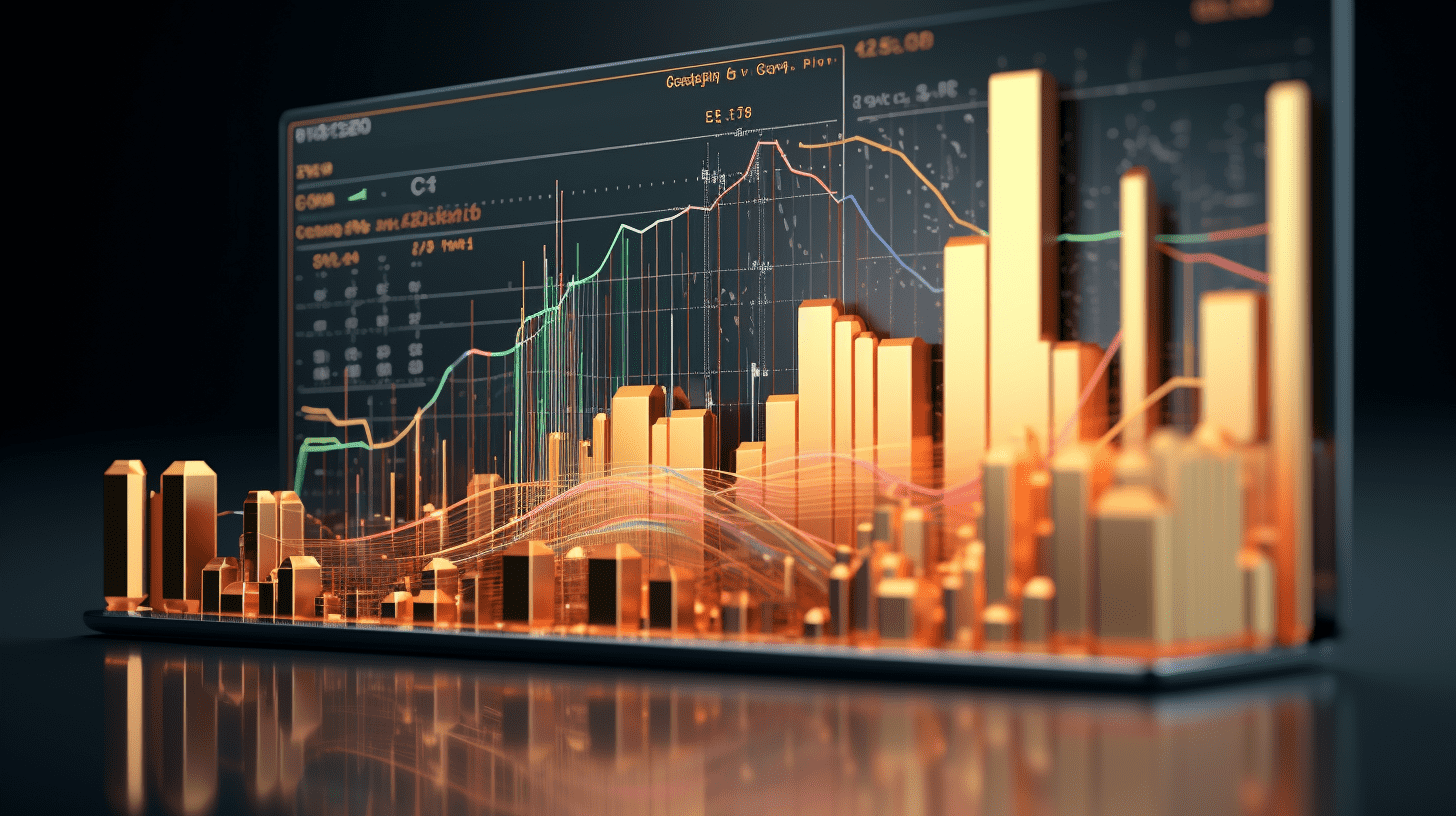US consumer confidence plummeted in April, with the expectations index hitting a new low since 2011.
The data released by the US Economic Advisory Board on April 29th shows that the US Consumer Confidence Index plummeted to 86.0 in April, a decrease of 7.9 points from the previous month, hitting the lowest level since the early stages of the COVID-19 pandemic.
The data released by the US Economic Consultancy Bureau on April 29 showed that the US consumer confidence index plummeted to 86.0 in April, a decrease of 7.9 points compared to the previous month, hitting the lowest level since the early days of the COVID-19 pandemic. Among them, the "current situation index" based on consumers' assessment of the current business and employment market slightly decreased by 0.9 points to 133.5, while the "expectations index" reflecting consumers' views on future income, business and employment prospects plunged by 12.5 points to 54.4. This not only hit a new low since October 2011, but also fell far below the 80-point alert line usually seen as a precursor to economic recession.
Stephanie Guichard, Senior Economist of the Global Indicators of the Bureau, said, "Consumer confidence has fallen for the fifth consecutive month in April, to a new low since the outbreak of the COVID-19 pandemic. This decline is mainly driven by deteriorating consumer expectations, with significant decreases in the three key indicators of business environment, employment prospects, and future income, reflecting widespread consumer pessimism about the future."
She pointed out that the proportion of respondents expecting a reduction in job opportunities in the next six months reached 32.1%, almost on par with April 2009, the peak of the financial crisis, while prospects for future income turned entirely negative for the first time in five years, indicating that economic concerns have penetrated to the personal level of consumers.
The downward trend in confidence in April covered all age groups and most income groups, with the most pronounced declines seen in the 35 to 55 age group and households with annual incomes exceeding $125,000. In addition, this downward trend in confidence knows no political affiliation, indicating widespread unease about the future economy.
Guichard added, "The increased volatility in financial markets in April further undermined consumers' confidence in the stock market, with 48.5% of respondents expecting stock prices to fall in the next 12 months, the highest proportion since October 2011." At the same time, the average inflation expectation for the next 12 months rose to 7%, the highest since November 2022, when the United States was experiencing a peak in inflation.
In the survey, consumers' free comments on factors affecting the economy showed that the term "tariffs" reached a historical high, with many respondents expressing concerns about tariffs raising prices and impacting the economy. Although there are still many complaints about the high cost of living, some mentioned that gasoline and certain food prices have decreased. Stock market volatility and uncertainty were also frequently mentioned.
Consumers' evaluations of their current and future financial situations remain positive but have significantly weakened, with expectations of the possibility of a recession in the US economy in the next 12 months reaching the highest level in two years (this data is not included in the consumer confidence index). At the same time, the proportion of respondents expecting future interest rate increases continued to rise, while the proportion expecting interest rate cuts further decreased.
Looking at the six-month moving average data, consumers' plans to purchase homes and cars continued to decline, and vacation intentions also decreased. Plans for purchasing durable goods (such as appliances and electronics) fell in April, but still showed growth when measured by a six-month average. However, consumers' overall willingness to spend on services declined, affecting almost all service categories. Although dining out remained the main consumption category, the proportion of consumers planning to increase this expenditure recorded one of the largest monthly declines in history in April.
In April, 19.2% of respondents said that the current business conditions were "good," higher than the 18.3% in March; the proportion of those who thought it was "bad" decreased slightly from 16.5% to 16.1%. However, in terms of the job market, the proportion of those who believed that "jobs are plentiful" decreased to 31.7%, lower than the 33.6% in the previous month; while the proportion of those who thought "jobs are hard to find" increased to 16.6%.
Looking ahead to the next six months: only 15.7% of consumers expect the business environment to improve, lower than the 17.8% in March; those who expect it to deteriorate increased from 26.1% to 34.8%; only 13.7% anticipate more job opportunities, lower than the 16.7% in the previous month; 32.1% expect job positions to decrease; prospects for income also significantly weakened, with only 15.0% expecting an increase in income, lower than the 17.1% in the previous month; while 18.2% expect income to decrease, significantly higher than the 14.9% in the previous month.
Related Articles

US Treasury Secretary Mnuchin: Trump administration promotes trade and tax policy reforms targeting manufacturing industry relocation and fiscal revenue win-win.

What will Trump do in the next 100 days?

Hong Kong's supply of first-hand private residential properties continues to decrease, while the supply of resale properties significantly drops.
US Treasury Secretary Mnuchin: Trump administration promotes trade and tax policy reforms targeting manufacturing industry relocation and fiscal revenue win-win.

What will Trump do in the next 100 days?

Hong Kong's supply of first-hand private residential properties continues to decrease, while the supply of resale properties significantly drops.

RECOMMEND

From AI chatting to online shopping, OpenAI is striving to make ChatGPT the "universal application" of the AI era.
29/04/2025

Deutsche Bank warns: Overseas investors continue to withdraw from US assets, challenging the status of the US dollar.
29/04/2025

Analyst: Gold's peak risk intensifies, silver welcomes breakthrough opportunities.
28/04/2025


